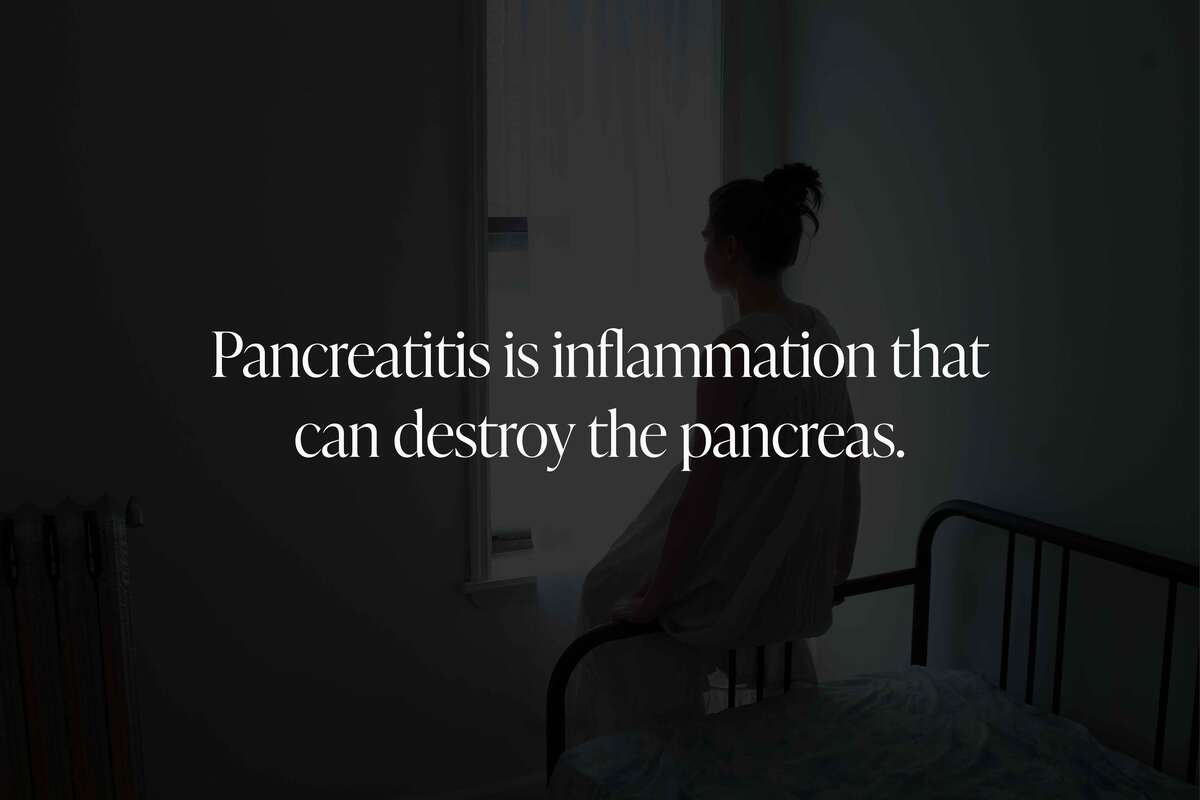Table of Contents
Pancreatitis Is Inflammation of the Pancreas
Pancreatitis is a condition in which the pancreas becomes inflamed, often causing severe abdominal pain and digestive complications. The pancreas plays a critical role in regulating blood sugar and producing enzymes that help digest food. When the organ becomes inflamed, its enzymes may begin to attack pancreatic tissue, leading to swelling, tissue damage, and in severe cases, systemic infection or organ failure.

Two Main Types of Pancreatitis
Pancreatitis can be either acute or chronic.
Acute Pancreatitis
This form comes on suddenly and usually lasts a few days. It often resolves with treatment but can be life-threatening if complications arise.
Chronic Pancreatitis
This is a long-term condition where the pancreas becomes permanently damaged from ongoing inflammation. Over time, the organ loses its ability to function properly, which can lead to diabetes, malnutrition, and persistent pain.
Leading Causes of Pancreatitis
The two most common causes of pancreatitis are gallstones and alcohol use. Other causes include:
- High triglyceride levels
- Certain medications
- Abdominal trauma
- Infections
- Autoimmune conditions
- Genetic mutations
In the United States, excessive alcohol consumption accounts for up to 30% of all cases of acute pancreatitis and over 40% of chronic cases.

How Alcohol Triggers Pancreatitis
Alcohol affects the pancreas in multiple harmful ways. It causes the pancreas to secrete protein-rich fluids that can thicken and block the pancreatic ducts. This leads to trapped enzymes and increased pressure within the gland. Additionally, alcohol increases oxidative stress and inflammation, further damaging pancreatic cells.
Chronic heavy drinking causes cumulative damage. Over time, this repeated inflammation can result in scar tissue, calcification of the pancreas, and permanent loss of function.
Symptoms of Pancreatitis
Common signs of acute pancreatitis include:
- Sudden, intense upper abdominal pain
- Pain that radiates to the back
- Nausea and vomiting
- Fever
- Rapid heartbeat
- Swollen or tender abdomen
Chronic pancreatitis may cause:
- Persistent abdominal pain
- Weight loss
- Oily, foul-smelling stools (steatorrhea)
- Fatigue
- Blood sugar abnormalities
Anyone experiencing severe abdominal pain, especially after heavy drinking or a meal, should seek immediate medical care.
Diagnosis and Medical Testing
To confirm pancreatitis, doctors typically order:
- Blood tests to check for elevated amylase and lipase levels
- Abdominal ultrasound or CT scan
- MRI to visualize pancreatic ducts and tissue damage
- Stool tests for fat content in chronic cases
Early diagnosis is essential to prevent complications like pseudocysts, infection, or multi-organ failure.
How Is Pancreatitis Treated?
Treatment depends on severity and type. For acute pancreatitis:
- Hospitalization for IV fluids and pain control
- Fasting to rest the pancreas
- Nutritional support once symptoms improve
- Antibiotics if infection is present
Chronic pancreatitis requires:
- Avoidance of alcohol and smoking
- Pain management
- Enzyme replacement therapy
- Nutritional counseling
- In severe cases, surgery to drain cysts or remove damaged tissue
The most important step in managing pancreatitis caused by alcohol is to stop drinking entirely.
If you're looking for help in quitting alcohol, visit the Addiction Guidance page at Hollywood Hills Recovery for expert support and resources.

Long-Term Outlook
With early treatment and lifestyle changes, many people recover fully from acute pancreatitis. However, repeated episodes or failure to stop drinking can lead to chronic disease, irreversible damage, and even pancreatic cancer. Chronic pancreatitis significantly impacts quality of life and requires ongoing medical care.
Final Thoughts
Pancreatitis is a serious condition, and alcohol is a major contributing factor. Whether acute or chronic, inflammation of the pancreas can have lasting consequences if not addressed. Understanding the link between alcohol and pancreatic health is a critical step toward prevention and recovery. Reducing or eliminating alcohol intake dramatically lowers the risk and can improve long-term health outcomes.











